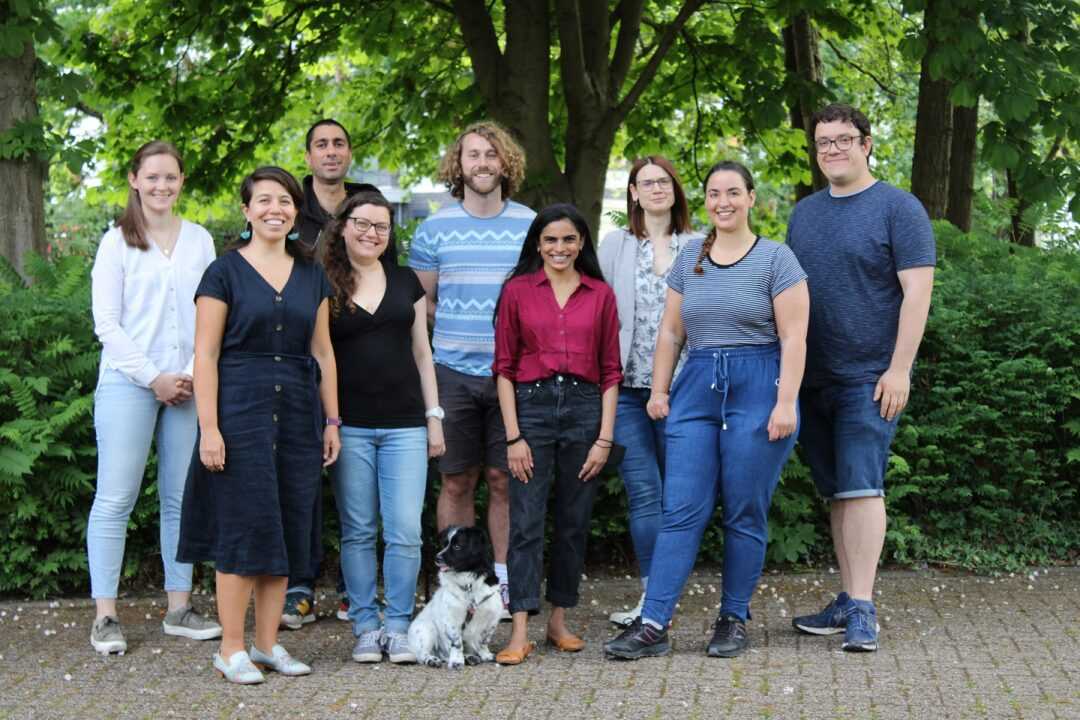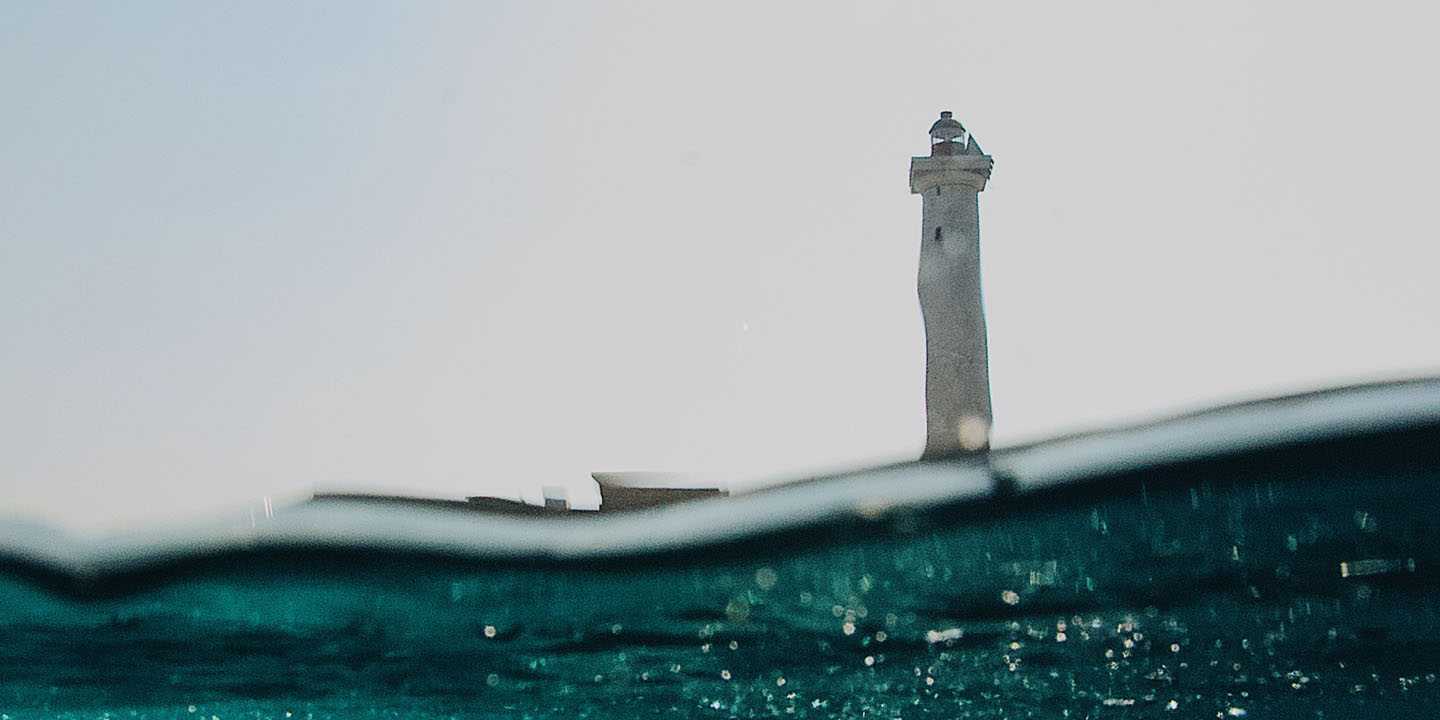This year has marked an exciting time for the Marine Governance Group at HIFMB, one of the core groups of the institute, feeding one of the key pillars of research: conservation and management. New staff at PhD and Postdoctoral level have arrived and Masters students have begun to undertake original research projects.
Together they (we!) have been quickly shaping the group, raising critical questions about governing ocean spaces. But what is marine governance? How do the group approach it? And why do we say ocean spaces, and not just use the word ‘oceans’ alone?

What is Marine Governance?
Let’s begin with the term ‘governance’. It is often understood that those working in marine governance fields produce policy or management tools to conserve, preserve, or protect the oceans. Whilst some studies of marine governance do end up leading to such measures, this commonplace perspective washes over the meaning of governance, which is not so concerned with tools or eventual goals but with the practices and processes of governing that lead to those tools or goals. This subtle distinction is important. Seeing governance scholars as producers of policy disguises the more critical and useful work they (we!) do in quizzing the dynamics that lead to particular governance outcomes and shape responses to oceanic and planetary change.
In other words, marine governance scholars do rigorous and careful research to understand how governance measures come to be, why they operate as they do, what assumptions, forces and dimensions of power drive and shape them, who is included and excluded from governance decisions, and crucially for this group – where this happens. Governance is not an automatic ‘good’. Nor does it happen nowhere. This is where the word ‘space’ takes on particular meaning.
“Governance does not just happen anywhere, but somewhere.”
Distinctive to the Marine Governance Group of the HIFMB is that ‘governance’ is understood as a spatial process. We talk of ocean spaces to appreciate how governance does not just happen anywhere, but somewhere. The Group examines how governance is shaped by spatial processes and practices and how what we seek to govern, or do govern, is shaped by location, the character and qualities of place, and relations with surrounding spaces. As such, the Group takes a novel approach to governance. It is not an approach focused solely on the legal mechanisms of governing marine zones, ecosystems or populations, but rather, it is underpinned by spatial ontologies (spatial ways of thinking).
Our work is focused around four central questions:
This work seeks to explore, unpack and disrupt the taken-for-granted assumptions that shape the management of the seas and oceans. Several projects drive forwards this question. Dr Satya Savitzky’s work as a core Research Scientist in the group explores the making of ship routeing measures. He is supported here by a Masters student, Laura Niemeyer who is examining the formulation of Bering Strait shipping schemes with Arctic ice melt. Most recently, Satya’s work shines a critical light on the governance of marine invasive species, challenging ideas of ‘nativeness’ and belonging, to redraw lines of what belongs where and how this is defined in governance techniques and practices. He shares this interest in logistics management with PhD candidate Ole Müller, who is part of the working group but situated officially in the Biodiversity Theory Group. Ole explores, using advanced data and mapping techniques, phenomena such as shipping layoffs. Dr Amedeo Policante, a Helmholtz Institute Postdoctoral Pool (HIPP) fellow considers the political construction of dead zones and their management in a project that overlaps with the Biodiversity Theory and Marine Political Ecology Groups.
This work is carried forwards in a set of exciting projects. Postdoctoral researcher Dr Jan-Claas Dajka, working on the MARSICO project, is exploring new connections in biodiversity data in the Wadden Sea to help us work with stakeholders to produce participatory and possibly more dynamic governance approaches. PhD candidate Vani Sreekanta is using the conceptual framework of ‘excess’ to explore how MPAs are not the fixed governance tools we imagine, but are shaped and influenced by processes that exceed their boundaries. Thinking in this wider way, Vani’s work will question the fundamental basis of Marine Protected Area (MPA) management. Also studying for a PhD, Soli Levi’s work on emotional governance aims to consider how we might take seriously the place of emotions in managing marine environments and how this might help us arrive at different governance outcomes, attuned to more ephemeral, less technical markers of value as they relate to marine conservation.
Here the work of core Research Scientist Dr Paula Satizábal considers how modes of governance produce criminality and position some ocean users as criminal, in spite of issues around equity and justice in ocean use, where users may suffer dispossession or have rights to ocean space removed. Dr Rebecca Borges, also a HIPP fellow, who also works across the Marine Political Ecology and Marine Ecology groups, explores the spatial mismatches of governance, where spaces of jurisdiction do not match the more fluid uses of a marine realm by those who engage it. Their work explores how all of this matters to the everyday lifeworlds of groups such as fisherfolk.
Finally, our work looks critically at how governance can be both democratised and ocean knowledge more widely shared to ‘improve’ understandings to aid ‘effective’ ocean governance in the future. Postdoctoral researchers Dr Silke Eilers and Dr Maurits Halbach, working on the CREATE project, are engaging stakeholder mapping exercises that aim to widen the number of voices and perspectives that are involved in marine projects and eventual management. Masters student Sharlene Fechter, who is also the Group’s Administrative Assistant, is aiming to understand the position points of stakeholders in the Weddell Sea, in the Southern Ocean, to make sense of why continued attempts at enacting MPAs have been unsuccessful. Last but not least, HIPP fellow Dr Geraint Whittaker – a geographer as well as professional artist, musician and filmmaker – is working between the Governance and Acoustic Ecology Groups at HIFMB and AWI to critically consider the place of art-science collaborations in sharing knowledge of biodiversity changes and ocean crises. His work will also produce creative outputs – from planned exhibitions to a range of resources to engage audiences less likely to have opportunities to ‘go to sea’.
Whilst 2021 and 2022 have been a time of establishing and building the Governance Group, 2023 and beyond will see where this work will lead. In short: watch this space!
